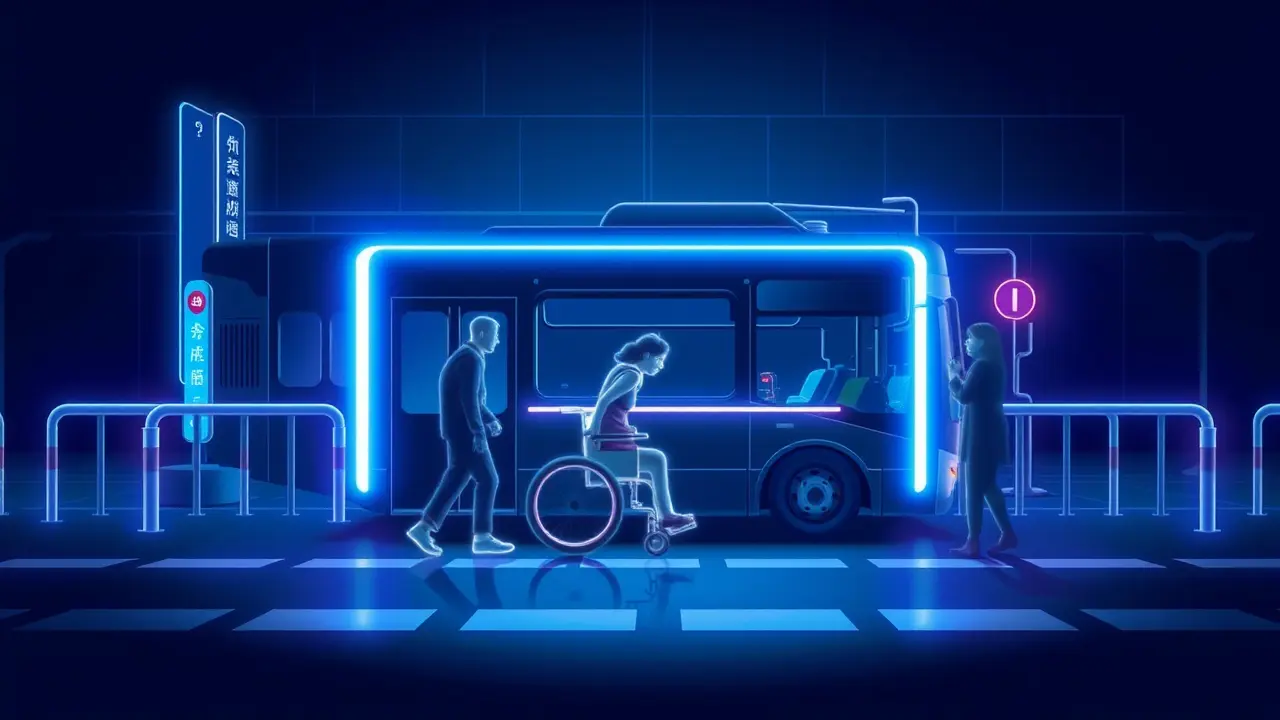Hong Kong watchdog urges removal of disability barriers.
In a move that speaks volumes about the quiet, systemic exclusions woven into the fabric of urban life, Hong Kong’s Equal Opportunities Commission has issued a clarion call to service providers and property managers, urging them to dismantle the ‘invisible barriers’ that persistently marginalize residents with disabilities. This initiative, born from the watchdog’s first-ever review of reported discrimination cases, is less about ramps and rails—the visible, often-checked boxes of compliance—and more about the subtle, soul-crushing indignities that constitute a daily gauntlet for countless individuals.The Commission’s new guide, which lays out eight concrete recommendations, is a policy document, yes, but it is also a mirror held up to society, reflecting a series of deeply human failures. Consider the case of the bus driver who refused a wheelchair user boarding; this is not merely a logistical snag but a profound moment of social negation, a public declaration that some bodies are less welcome than others.It echoes the foundational principles of the social model of disability, which argues that people are disabled not by their impairments but by societal failures to accommodate difference. This is where the personal impact of leadership and policy becomes starkly evident.The Commission’s work, in this light, is a form of feminist praxis applied to urban policy—it centers the lived experience of the marginalized, making the personal political by insisting that the right to move through the world with dignity is a universal human right, not a privilege. The guide’s recommendations, therefore, are not just a checklist but a blueprint for a more empathetic city, one that requires a fundamental shift in perspective from seeing accessibility as a costly afterthought to recognizing it as the bedrock of true civic inclusion.This is a struggle familiar from global human rights frameworks, reminiscent of the long, ongoing battles for gender and racial equity, where changing laws was only the first step; the harder work has always been changing hearts, minds, and the unspoken rules of everyday interaction. The consequences of inaction are a city that, while physically connected, remains socially fractured, where a significant portion of its citizenry is functionally barred from full participation in economic, social, and cultural life. The potential outcomes of heeding this call, however, are transformative, paving the way for a Hong Kong that doesn’t just tolerate difference but actively embraces it, creating a public sphere that is genuinely for all—a goal as ambitious as any debated on the UN floor and as personal as the simple act of catching a bus.
It’s quiet here...Start the conversation by leaving the first comment.
© 2025 Outpoll Service LTD. All rights reserved.
